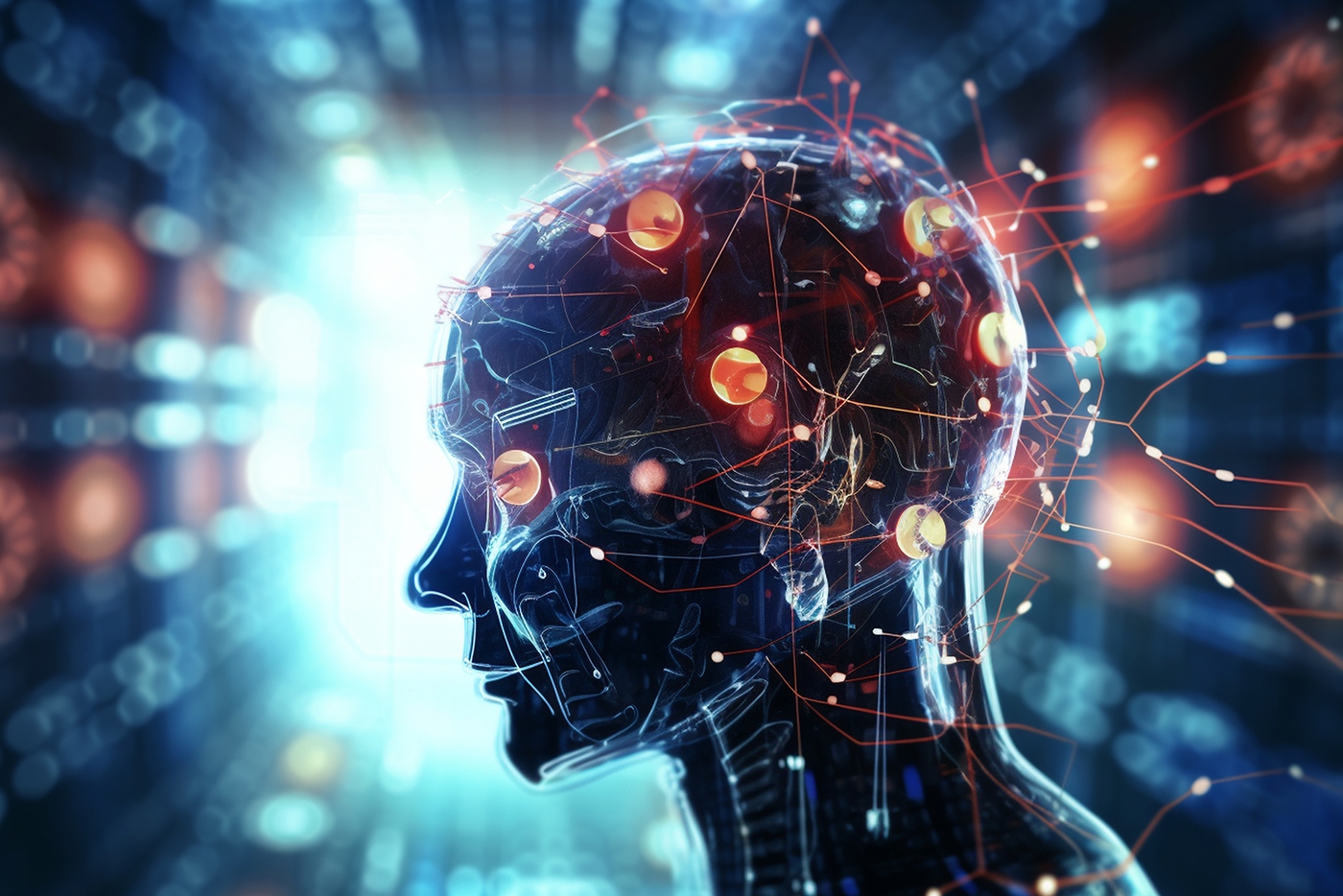
AI’s Next Frontier: Mind-Reading Algorithms and Brain Computer InterfacesAI’s Next Frontier: Mind-Reading Algorithms and Brain Computer Interfaces Artificial Intelligence (AI) is rapidly evolving, and its next frontier lies in the realm of mind-reading algorithms and brain computer interfaces (BCIs). These groundbreaking technologies promise to revolutionize our interaction with the world and unlock unprecedented possibilities for human enhancement. Mind-Reading Algorithms Mind-reading algorithms use advanced machine learning techniques to analyze brain activity patterns and infer a person’s thoughts, intentions, or emotions. By studying electroencephalogram (EEG) or functional magnetic resonance imaging (fMRI) data, these algorithms can decode neural impulses and extract meaningful information. This technology holds immense potential for applications such as: * Medical diagnosis: Detecting mental health conditions like depression and autism by analyzing brain activity patterns. * Lie detection: Identifying deception by monitoring changes in brain activity during interrogation. * Personalized advertising: Tailoring marketing campaigns to a person’s subconscious preferences and desires. Brain Computer Interfaces (BCIs) BCIs allow direct communication between the brain and computers or other devices. By using implanted electrodes or non-invasive devices like EEG caps, BCIs can record and interpret brain signals. This revolutionary technology opens up a myriad of possibilities, including: * Paralyzed patients: Restoring mobility and communication for individuals with severe physical disabilities. * Neuroprosthetics: Creating artificial limbs or sensory devices that can be controlled directly by the brain. * Enhanced cognition: Augmenting human intelligence and memory by stimulating brain regions associated with learning and problem-solving. Ethical Considerations While the potential benefits of mind-reading algorithms and BCIs are undeniable, ethical concerns must be carefully considered. These technologies raise questions about privacy, autonomy, and the potential for abuse or misuse. It is crucial to establish clear ethical guidelines and regulations to ensure that these technologies are used responsibly and for the benefit of all. Conclusion The advent of mind-reading algorithms and brain computer interfaces marks a pivotal moment in AI’s evolution. These groundbreaking technologies have the power to transform our understanding of the human mind, enhance our capabilities, and unlock unprecedented possibilities. However, as we embrace these advancements, we must remain vigilant in our pursuit of ethical and responsible use. By balancing innovation with ethics, we can harness the transformative potential of these technologies to create a future where technology empowers and enriches the human experience.
Posted inNews